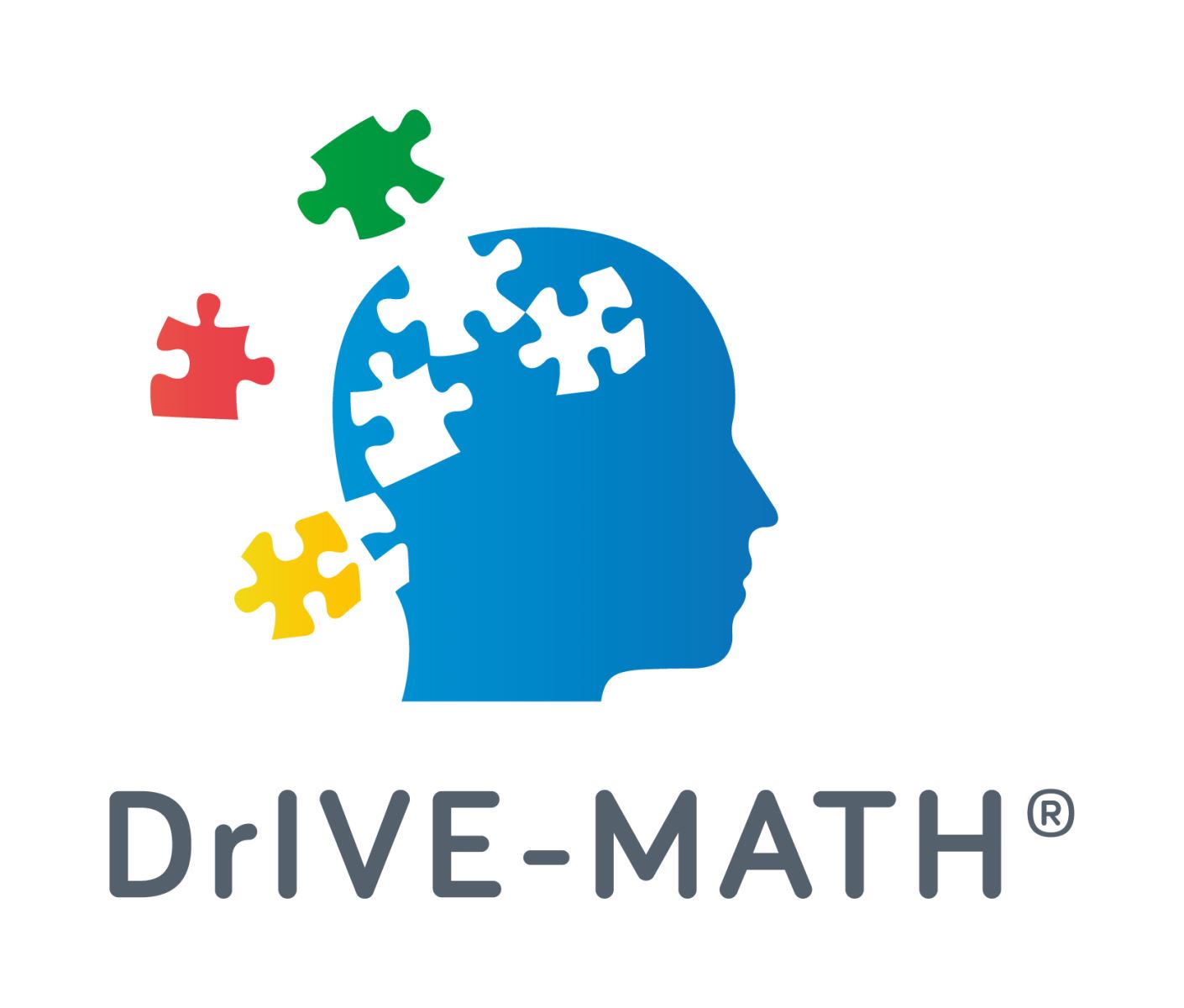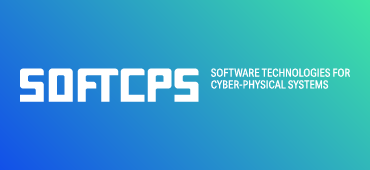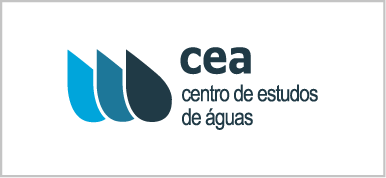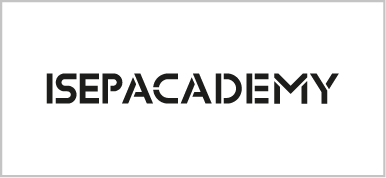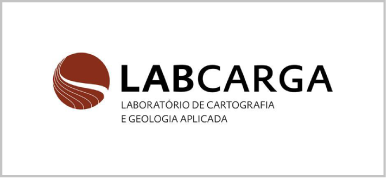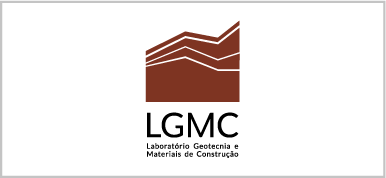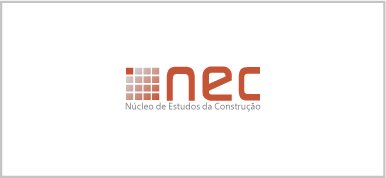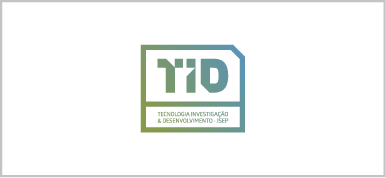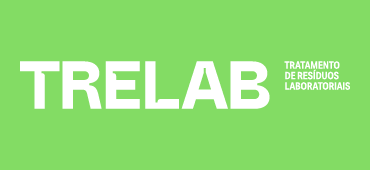
Short Biographies
FERNANDO BLASCO
Fernando Blasco, PhD. Associate Professor of Mathematics at Universidad Politécnica de Madrid, is intrested in mathematical education and maths popularization, as well as considering science as a part of culture. He uses magic tricksand recreational mathematics to introduce the public complex concepts in science. His approach to maths seems at first whimsical, yet through his explanations mathematical concepts become easier to understand. The author of several books on recreational mathematics, collaborates with media in Spain and is frequently invited to perform in university classrooms, civic centres, and science museums. He is member of the Education Committee of Real Sociedad Matemática Española since 2009 and member of the Raising Public Awareness Committee of the European Mathematical Society.
_______________________________________________________________________________________________
PAULA CATARINO
PhD in Mathematics at Essex University, UK, area of specialization in semigroups - algebra. She is an Associated Professor in the Department of Mathematics, School of Sciences and Technology, University of Trás-os-Montes and Alto Douro (UTAD), Vila Real, Portugal. She is a Collaborator Member of the Laboratory of Didactics of Science and Technology of UTAD / CIDTFF of University of Aveiro and an Integrated Member of pole of Mathematics Research Center CMAT-UTAD of Centre of Mathematics CMAT of University of Minho, Braga, Portugal. Also, she is a member of webPACT group of UTAD. The interest of the research done and published are mainly included in the areas of linear algebra, semigroups, number theory, ethnomatematics, mathematical education and history of mathematics.
ORCID ID: 0000-0001-6917-5093. Email: pcatarin@utad.pt
_______________________________________________________________________________________________
thierry (noah) dana-picard
Thierry (Noah) Dana-Picard is a Professor of Mathematics at the Jerusalem College of Technology, an academic institution training high-tech engineers and managers. He has two PhDs, from France in Algebraic Geometry, and from Israel in Non-Commutative Algebra. Noah is an active researcher in Mathematics and STEAM Education, domains in which he publishes regularly. His has special interest in Mathematics in a technology-rich environment and its influence in education, and in Mathematics and Culture. He is a member of the editorial board of several journals, chaired international conferences and special sessions, and is always happy with international collaborations.
_______________________________________________________________________________________________
araceli quEiruga dios
Araceli Queiruga-Dios obtained her Ph.D. in Mathematics at the University of Salamanca (Spain) when she was working for a telecommunications multinational company. Her major field of research is public key cryptography, together with educational tools and mathematical applications for engineering students. She is Professor at the Department of Applied Mathematics at the School of Industrial Engineering in the University of Salamanca. She has participated as coordinator and collaborator in several research projects at national and European level. She is co-author of over 50 papers, more than 70 contributions to workshops and conferences, and 1 patent related to RSA parameters. She is currently the coordinator of the Erasmus+ project: RULES_MATH (New rules for assessing mathematical competencies).
________________________________________________________________________________________________
Kristóf Fenyvesi
Fenyvesi (PhD) is a researcher of STEAM (Science, Technology, Engineering, Arts and Mathematics), Trans- and Multidisciplinary Learning and Contemporary Cultural Studies in Finland, at the Finnish Institute for Educational Research, University of Jyväskylä (https://ktl.jyu.fi/en). Member of the Research Group for Innovative Learning Environments and Research Group for Education, Assessment & Learning.
He is the Coordinator of Outreach Programs of the world’s largest mathematics, arts, and education community, the Bridges Organization (www.bridgesmathart.org). He has edited the annual Bridges conference’s Workshop Paper track and coordinating Bridges Public Day (www.familyday.hu) since 2011. From 2014, he is a full member of European Academy of Sciences and Arts. From 2016, he is a member of the European Mathematical Society’s Committee for Raising Public Awareness. Between 2013-2017 he served as Chief Executive Officer of International Symmetry Association (www.symmetry.hu) and in 2008 he started Experience Workshop—Global STEAM Network (www.experienceworkshop.org).
________________________________________________________________________________________________
SARA HERSHKOVITZ
Prof. Sara Hershkovitz retired from The Center for Educational Technology (CET) In Israel, after 4 decades. During 27 years (till 2017) she was the head Mathematics Department and led the development of dozens of CET’s Math textbooks for primary and secondary schools, as well as the interactive digital content and the digital textbooks, and led the development of the online course in Math for high school, which is a part of CET’s Virtual High School (VHS).
During 2017 to 2020 Prof. Hershkovitz was the head of assessment and Evaluation Dep. Which was responsible for national and international exams in Israel as well as for the research led by CET.
During all the years Prof. Hershkovitz was deeply involved in professional Development: in university courses, national committees, and in Teachers’ Colleges. In the last 10 years, she headed the Department of Mathematics Education in Elementary Schools, in Sha’anan Academic Religious Teachers' College, in Haifa.
Prof. Hershkovitz participated in International Research and Development groups, lectured in dozens of national and international conferences, and published books and research papers in the field of Mathematics Education.
________________________________________________________________________________________________
VIOLA LARIONOVA
________________________________________________________________________________________________
ZSOLTAN LAVICZA
Professor Zsolt Lavicza (BA, BA, MS, MA, MPhil, PhD)
After receiving his degrees in mathematics and physics in Hungary, Zsolt began his postgraduate studies in applied mathematics at the University of Cincinnati. While teaching mathematics in Cincinnati he became interested in researching issues in the teaching and learning mathematics. In particular, he focused on investigating issues in relation to the use of technology in undergraduate mathematics education. Afterwards, both at the Universities of Michigan and Cambridge, he has worked on several research projects examining technology and mathematics teaching in a variety of classroom environments. In addition, Zsolt has greatly contributed to the development of the GeoGebra community and participated in developing research projects on GeoGebra and related technologies worldwide. Currently, Zsolt is a Professor in STEM Education Research Methods at Johannes Kepler University’s Linz School of Education. From JKU he is working on numerous research projects worldwide related to technology integration into schools; leading the doctoral programme in STEM Education at JKU; teaching educational research methods worldwide; and coordinates research projects within the International GeoGebra Institute.
________________________________________________________________________________________________
ana paula lopes
PhD in Math, professor in ISCAP since 2000 and author and co-author of several peer-reviewed publications on teaching and learning methodologies and innovations on educational technology. She has coordinated several projects related to the Use of Technology and Pedagogical Innovation in Distance Ed. since ’07 and received many awards over the years
________________________________________________________________________________________________
filomena soares
PhD in Math, nearly 30 years of experience as Math lecturer at IPP in areas as Engineering, Information Systems, Accounting, Business Administration, Management, Basic Education, Hospitality and Tourism. MA in Applied Math (‘99); BA in Math (‘88) from FCUP; Postgraduate in Finance (‘95) by UPT.
________________________________________________________________________________________________
maria manuel nascimentO EVA MORAIS
Maria M. Nascimento is a researcher at CIDTFF and has been a professor at the University of Trás-os-Montes and Alto Douro (UTAD) since 1985 in Vila Real, Portugal, where she teaches Probability and Statistics, Statistics, Data Analysis and Treatment and Operations Research. Her main research interests are related to the teaching of statistics and questions related to didactics and to attitudes towards statistics, as well as to the field of ethnomathematics. Research in the area of critical thinking has also received great attention, as well as its framing in its teaching practices (e-mail: mmsn@utad.pt)
Eva Morais has been a lecturer at University of Trás-os-Montes e Alto Douro since 2000, where she teaches courses of Statistics and Experimental Design. She is a member at CMAT and her main research interests are related to the study of methods used to solve partial differential equations in financial pricing models and she is also interested in the critical thinking in higher education research field practices (e-mail: emorais@utad.pt)
________________________________________________________________________________________________
deolinda dias rasteiro
Deolinda M. L. D. Rasteiro is Doctorate on Mathematics in the field of Network Optimisation. She is a Professor at ISEC and teachs undergraduate (Statistic and Probability Methods to Mechanical Engineering) and graduate levels (Applied Mathematics to Master of
Electrotechnical Engineering and Master of Biomedical Engineering). She was ISEC's Vice-President from 2006 until 2010, responsible for ISEC’s International Relations Office, Quality Office, Academic Services Office and Public Relations Office during that period. She was responsible for the organization of the European Study Group, Coimbra, 2013 and from to 2015 until know she has co-organized the Days of the Department of Physics and Mathematics and Days of Biomedical Engineering. She is currently the SEFI Mathematics’ Working Group secretary.
She is co-author of over 50 papers in applied mathematics and education fields since researching new methods to present Mathematics to students has been her priority in the last years. She is currently the responsible, at IPC/ISEC, of the Erasmus+ project: RULES_MATH (New rules for assessing mathematical competencies).
________________________________________________________________________________________________
FILOMENA SOARES
Filomena Soares received her degree in Chemical Engineering in 1986 at Porto University, Portugal. She obtained her Msc in in Electrical and Computer Engineering, Industrial Automation profile, in 1991 and her PhD in Chemical Engineering in 1997, both at the same University. Since 1992 she works in the Industrial Electronics Department Minho University and she develops her research work in R&D Algoritmi Centre. Her main scientific interests are in the areas of System Modeling and Control, with application to biomedical processes and in the area of automation systems. Motor and cognitive rehabilitation has been receiving her attention, using serious games and robots to foster the communication with impaired children/adults. She is interested in new teaching/learning methodologies, in particular blended-learning and virtual and remote laboratories. She supervised several Msc and PhD thesis and is co-author of several scientific articles in international conferences and journals. She is a member of several technical and scientific organizations, with management responsibility in some of them, namely the IEEE Affinity Group Women in Engineering (WIE), of which she was co-founder and chair; President of the Portuguese Association of Automatic Control (APCA) in 2017-2018; currently a member of the board of the Portuguese Society for Engineering Education (SPEE); Association of Projects for Learning and Teaching in Engineering (PAEE); and the Technical Committees of the International Federation of Automatic Control (IFAC) Control for Education and Linear Control Systems.
________________________________________________________________________________________________
RENÁTA VÁGOVÁ
Renáta Vágová is a PhD student at the Department of Mathematics of the Faculty of Natural Sciences of the University of Constantine the Philosopher in Nitra, Slovakia. The topic of her thesis is The Role of Visualisation in the Development of Mathematical Thinking. In her design-based research project, she focuses on designing teaching and learning material for 11th-grade students integrating the combined use of physical (3D printing) and digital (GeoGebra applets) resources to follow-up Cube Cross-Section lessons. Under the lens of the instrumental genesis approach, regarding the visualisation model elements, the aim is to present and discuss how and why the cube cross-section constructions in the paper-and-pencil environment supported by and interplayed with digital and physical resources can be integrated into the classroom.
________________________________________________________________________________________________
daniela velichová
Doc. RNDr. Daniela Velichová, CSc., mim. prof., professor of applied mathematics, is the head of the Institute of Mathematics and Physics at the Faculty of Mechanical Engineering, Slovak University of Technology in Bratislava, Slovakia. In addition to teaching various maths and geometry courses at all three levels of university study, she works also as active scientist in the fields of geometric modelling and differential geometry of curves and surfaces. She was and still is involved in many European programmes on teaching mathematics for engineering students, and currently she is chairing the Steering committe of the SEFI Working Group on Mathematics in Engineering Education that is primarily dealing with innovative teaching methodologies and scenarios for maths courses on engineering study programmes at European universities sefi.htw-aalen.de . Her activities are also focused on supporting young people, especially women, to enter the kingdom of Mathematics, as member of the steering committe of international association Europen Women in Mathematics www.europeanwomeninmaths.org/.

